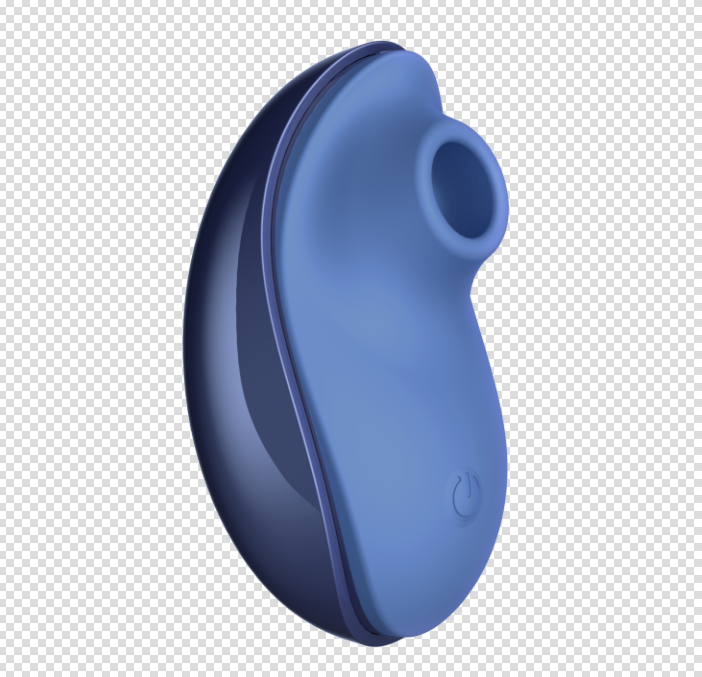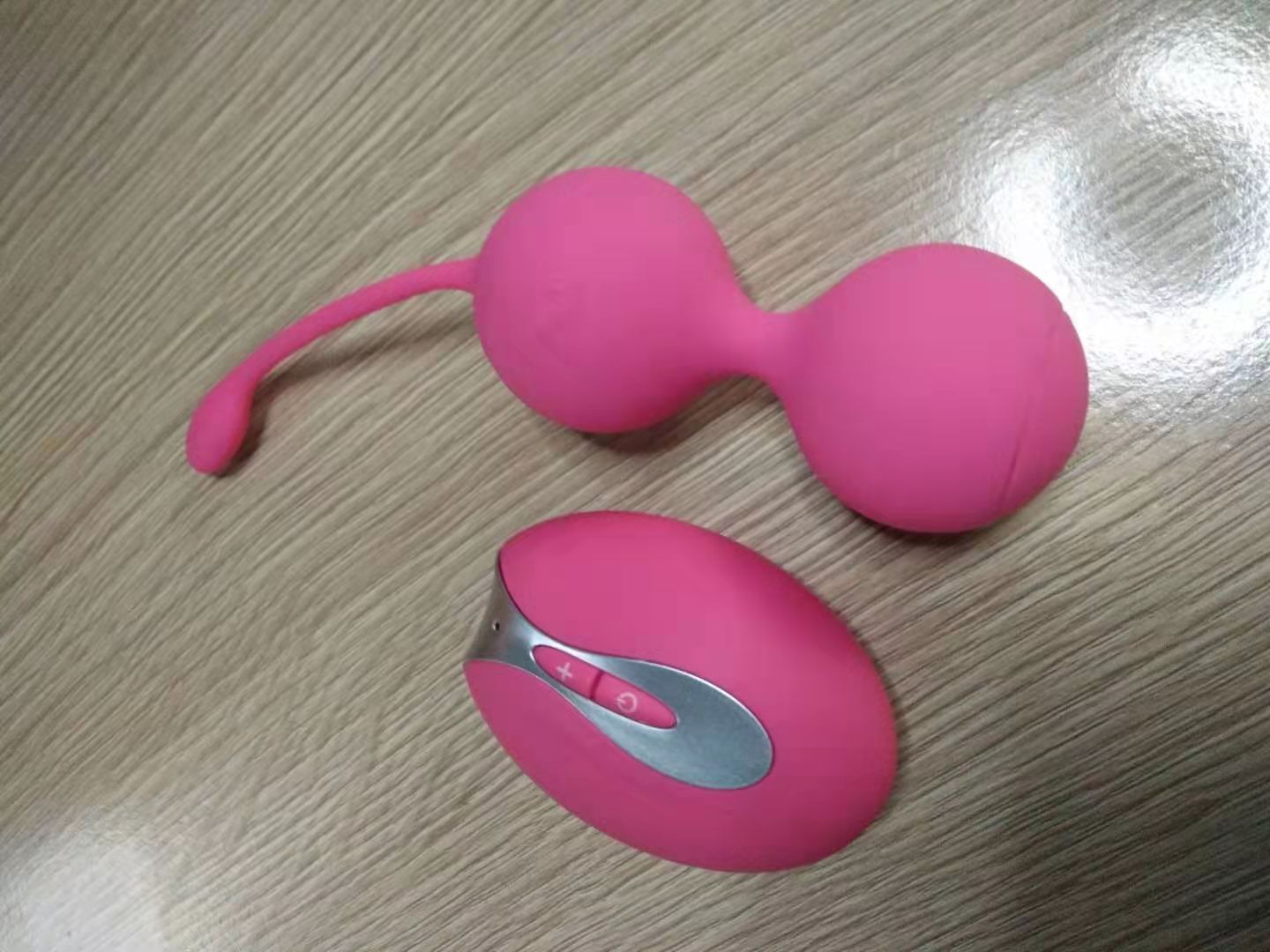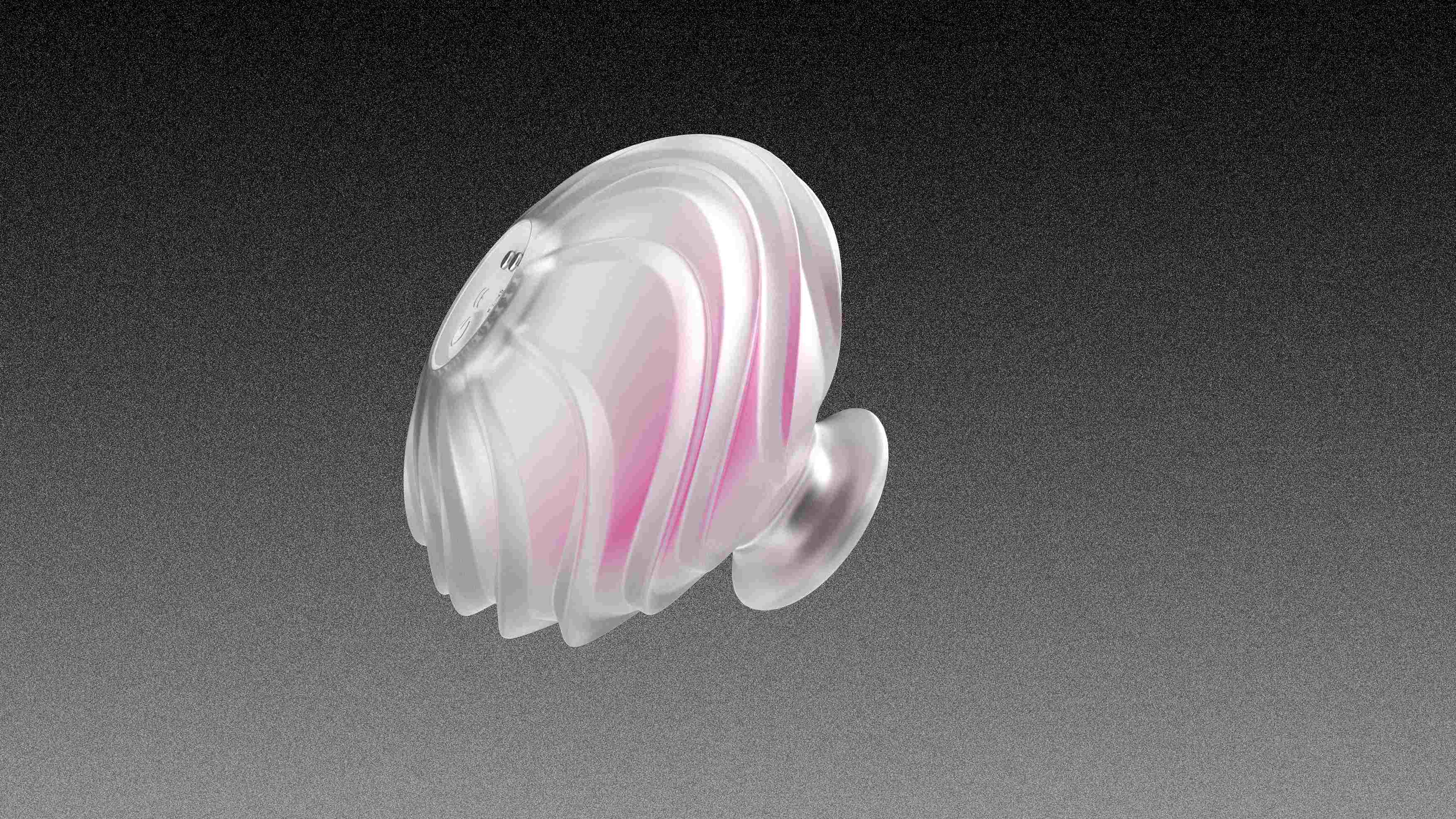Are Rechargeable Lithium Batteries Safe in Adult Toys?
Problem: Toys for adults with advanced functions (vibration, rotation, suction) increasingly rely on batteries. But users worry: Can rechargeable lithium batteries overheat? Will they explode? How do manufacturers ensure safety?
A 2023 survey by SexTech Safety Watch found 68% of users hesitate to buy rechargeable toys for adults due to battery safety concerns. Real-world incidents (rare but viral on forums) of swollen batteries or charging failures fuel this fear.
Solution: High-quality lithium batteries are safe when manufacturers follow international standards (UN 38.3, IEC 62133) and integrate multi-layered protection systems. The key lies in responsible design, certified materials, and transparent safety testing for toys for adults.
Yes, rechargeable lithium batteries are safe for toys for adults if manufacturers:
1. Use certified cells (CE, RoHS, UL)
2. Add overcharge/overheat protection circuits
3. Conduct cycle testing (500+ charges)
4. Provide clear usage guidelines (charging time, storage temps)
Still concerned? Let’s debunk myths and reveal how top brands engineer battery safety in toys for adults.
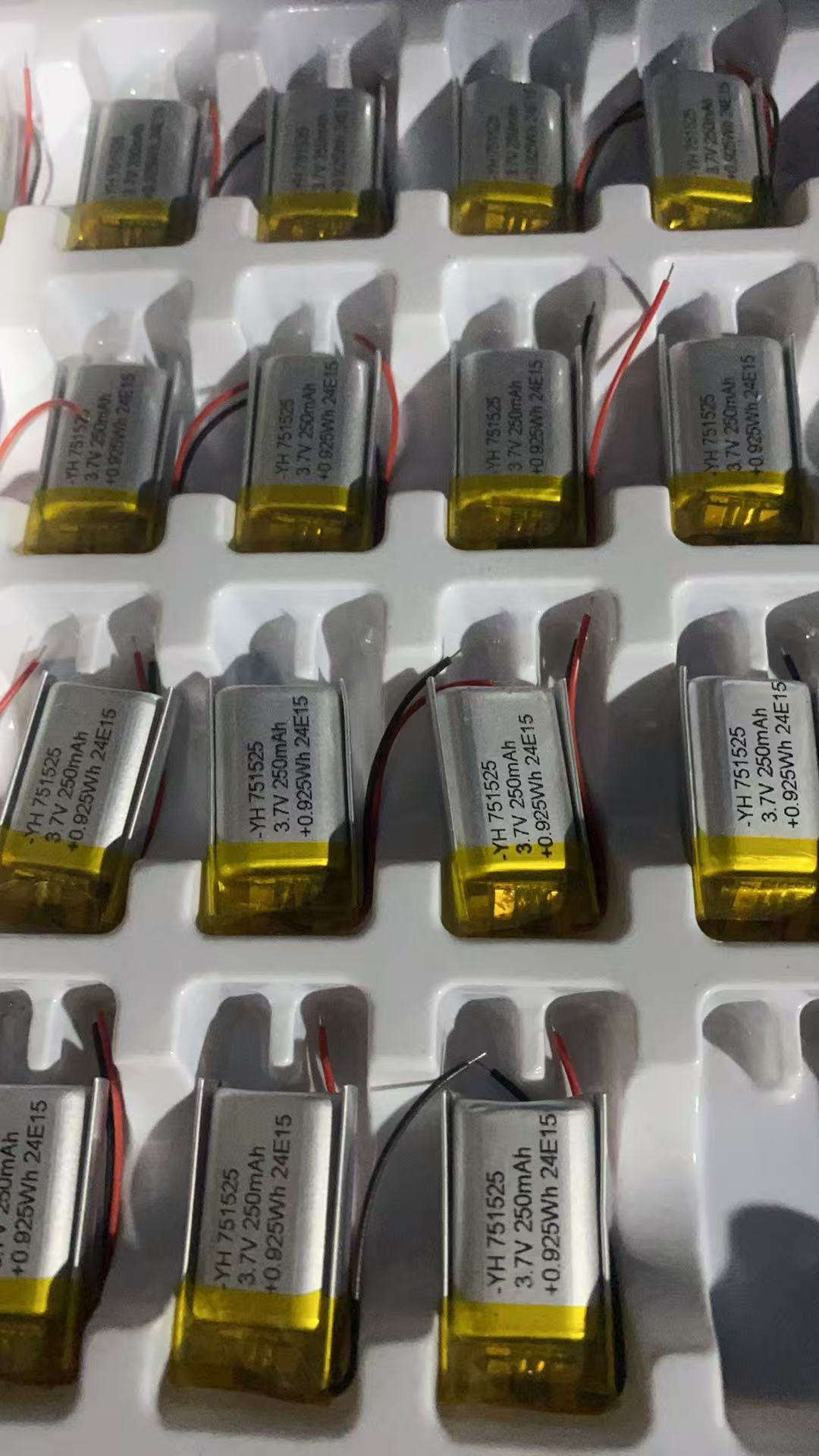
User Concerns & Manufacturer Solutions
1. How to verify if a lithium battery meets safety standards?
Check certifications: Legitimate suppliers provide test reports for:UN 38.3 (transport safety)
IEC 62133 (cell performance)
CE/RoHS (EU compliance)
Ask for cycle life data: Quality cells retain ≥80% capacity after 500 cycles.
Look for PCB protection: Overcharge, short-circuit, and temperature controls are mandatory.
Forum Insight: Reddit users recommend avoiding no-name brands; one reported a toy for adults catching fire due to uncertified cells.
2. What should users do to prevent battery hazards?
Avoid overnight charging: Most **toys for adults** need 1-2 hours; prolonged charging strains cells.Store in cool, dry places: Lithium batteries degrade faster above 40°C/104°F.
Replace if swollen: A bulging battery indicates internal damage—dispose immediately.
Manufacturer Tip: Brands like Lelo use auto-shutoff charging in toys for adults and include storage pouches to isolate batteries when unused.
3. Why choose lithium batteries over alkaline (dry) batteries?
| Factor | Lithium-ion | Alkaline |
|---|---|---|
| Lifespan | 2-3 years (500 cycles ) | Single-use |
| Power Output | Stable voltage | Weakens over time |
| Eco-Friendliness | Rechargeable | High waste |
| Cost Efficiency | $0.02/charge | $1.50-$3 per battery |
Trade-off: Lithium requires careful handling in toys for adults; alkaline is simpler but less sustainable.
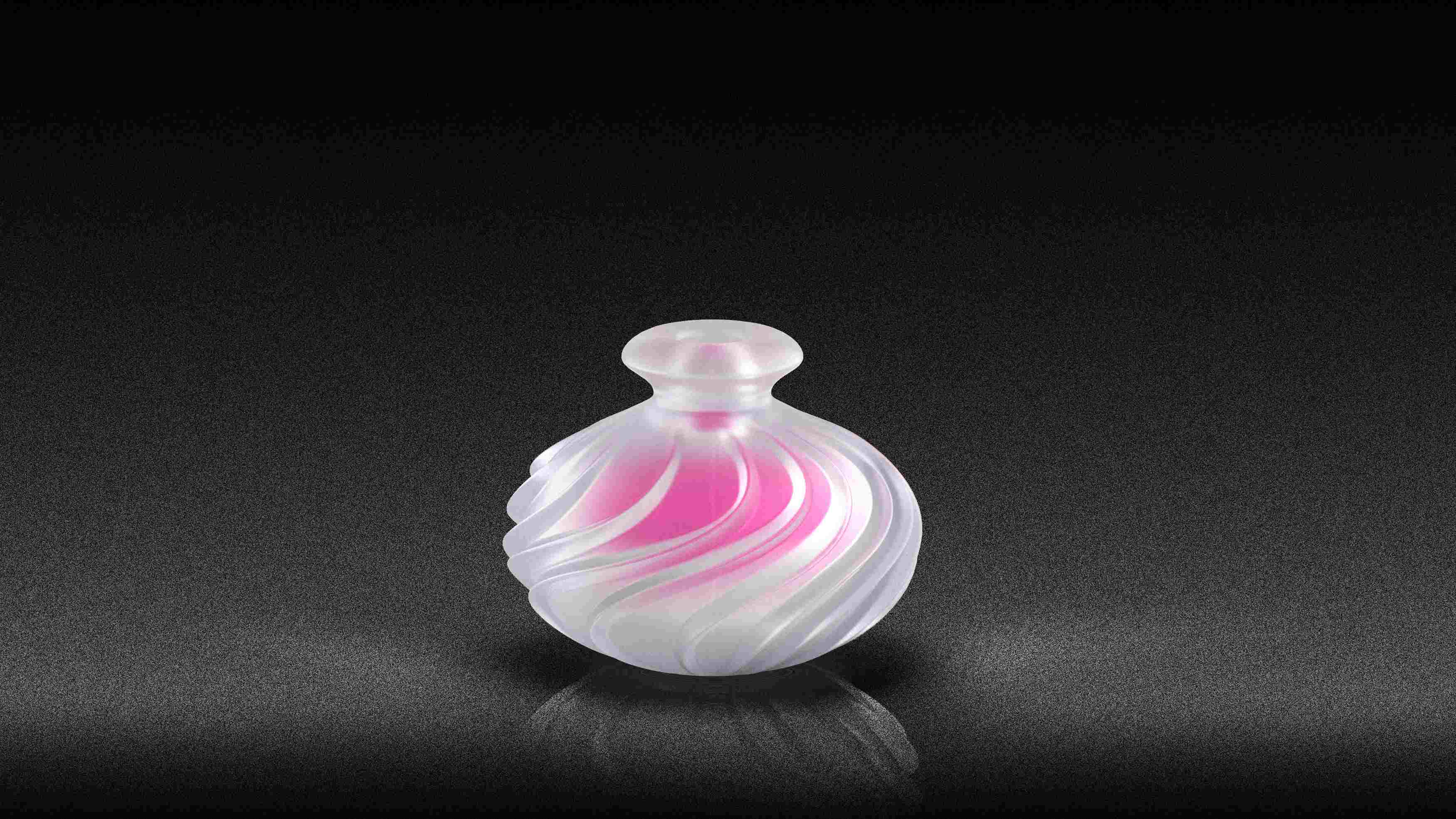
4. How do manufacturers select safe batteries?
Audit suppliers: Factories must have ISO 9001 certification.Test rigorously:
Nail penetration test (simulates internal shorts)
Thermal shock tests (-20°C to +60°C cycles)
Overcharge simulation (150% voltage input)
Design fail-safes:
Dual insulation layers
Flame-retardant casing (UL94 V-0 rating)
Industry Secret: Top-tier brands like Fun Factory use medical-grade LiFePO4 batteries in toys for adults—lower energy density but higher thermal stability.
5. What do forums say about battery issues?
Common Complaints:“My toy for adults stopped holding a charge after 6 months” → Likely due to cheap cells.
“It gets too hot during use” → Lack of temperature sensors.
Praise Points:
“My 3-year-old toy for adults still works like new” → Quality cells + proper care.


